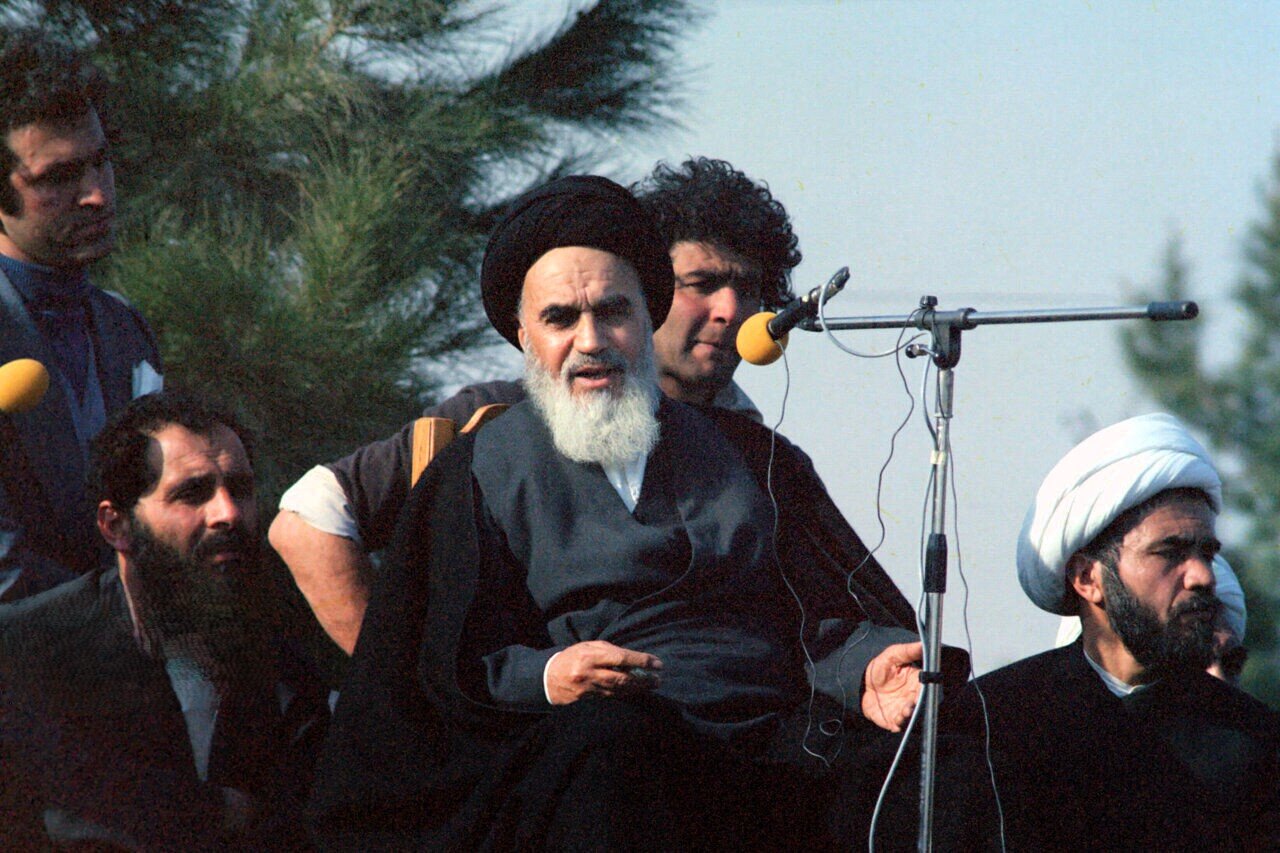When justice and freedom are in line with Citizenship Rights in Imam Khomeini School


Majid Qassim Kurdi, a lawyer and civil activist, told Mehr reporter on citizenship rights in Imam Khomeini School: Citizenship, a concept in today's world based on principles such as individual freedoms and social justice, has a distinct image in Imam Khomeini's thought. As the founder of the Islamic Republic of Iran, he analyzed and defined citizenship rights in the context of Islamic jurisprudence and human values, not only as a political and religious leader but as a comprehensive and innovative thinker; A definition that is fundamentally different from common Western approaches and can be a new model for Islamic societies and even beyond.
Islamic justice, the foundation of citizenship law
Referring to citizenship rights in Imam Khomeini's school, he said: In Imam Khomeini's attitude, citizenship rights are rooted in justice; Justice is not as a merely legal or political concept, but as a divine right that equals all human beings in terms of human dignity. They have repeatedly emphasized the need to respect the rights of all citizens, regardless of racial, religious or sexual differences, and considered justice the basis of the legitimacy of Islamic rule: “In Islam, men and women, black and white, Arab and Ajam are all equal. What is the criterion for superiority is piety and serving the people. ” This is a military establishment that guarantees citizenship rights, regardless of discrimination, within the framework of religious justice.
Legitimate freedom; Limited rights to the framework of ethics and divine law
Qasim Kurdi said: Imam Khomeini considered the freedoms of expression, pen and political participation as the right of citizens, but with the emphasis on the ethical and legal frameworks of Islam. Freedom, in their view, was not in the sense of chaos, but responsible and committed freedom that balances individual rights against social interests and religious values. He stated: “People must be free, but freedom does not mean chaos. “Freedom must be within the framework of Islamic law and ethics.” This attitude establishes a balance between individual freedom and social responsibility that has been less addressed in many modern human rights systems.
He pointed out that economic justice and public welfare are an integral part of citizenship rights: Imam Khomeini did not see citizenship rights as limited to political rights, but also regarded economic justice and public welfare as the fundamental rights of citizens. He emphasized that the Islamic State should, with anti -poverty and anti -discrimination policies, provide the realization of a decent life for all and distribute national wealth to justice: “The Islamic State must prevent exploitation and poverty. “National wealth must be divided into justice.” This view is a comprehensive view of human rights that recognizes the realization of social justice as a prerequisite for human freedoms and dignity.
Citizens' accountability; Task -by
The lawyer said: Imam Khomeini (R) considered citizenship rights to be a mutual relationship that rights were connected to homework. He believed that in addition to having rights, citizens had a serious responsibility for the community, law, and security. Active participation in social affairs and the observance of the law is one of the principles that they considered to sustain the legal and social system.
Respect for minorities and rejection of any discrimination
He further stated: In the teachings of Imam Khomeini, respect for the rights of religious and ethnic minorities had a special place. Citation of the Prophet (peace be upon him) and Imam Ali (AS) and the emphasis on the security and dignity of all citizens shows their deep understanding of the principle of non -discrimination and the necessity of protecting the rights of all sections of society.
At the end, Qasim Kurdi said: Imam Khomeini's reading of citizenship rights is a model based on social justice, responsible freedom and a strong link between religion and democracy that goes beyond the common dualizations in modern theories. This model is an exceptional model for the development of citizenship rights in Islamic societies, emphasizing the mutual responsibility of the government and the nation, and respecting the rights of all segments of society, especially minorities. In a world where the crisis of the meaning of secular human rights has become a major concern, re -reading and explaining this idea can be a valuable and human response that redefines both right and duty in the context of collective life.
(tagstotranslate) Lawyer Imam Khomeini (T) Imam Khomeini School
Source:mehrnews